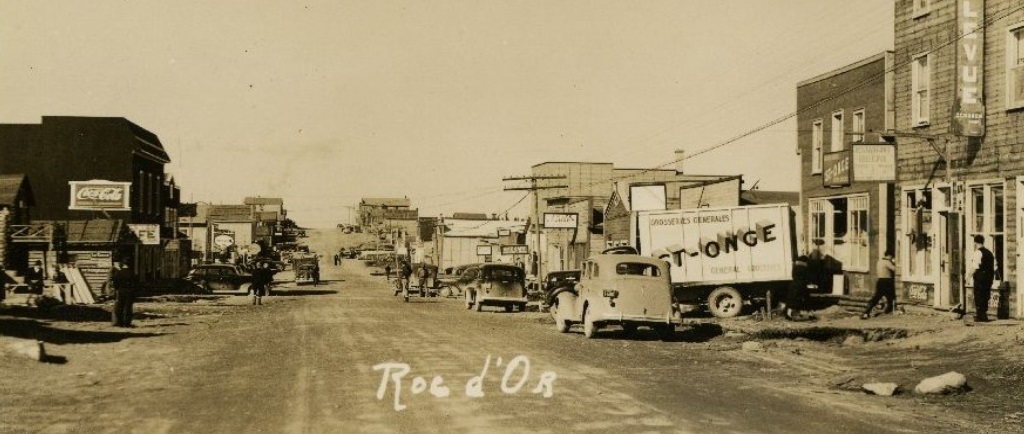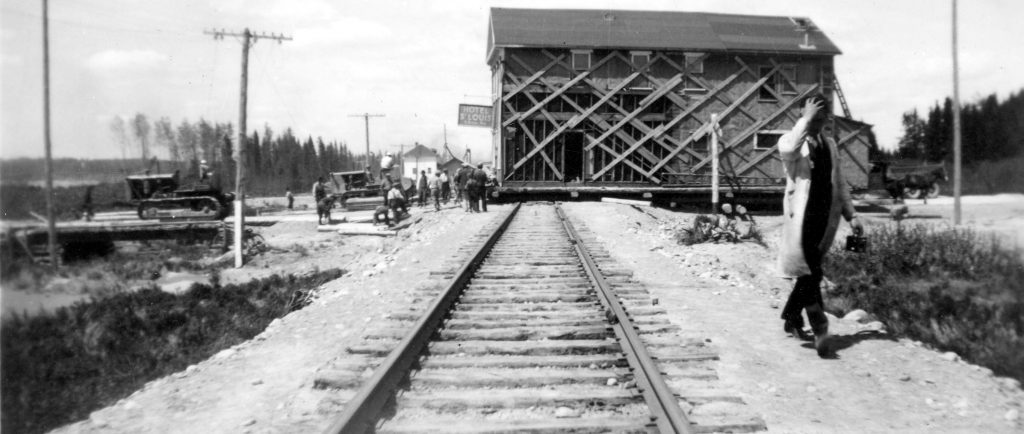Boom and Bust in a Mining Village: The Sad Fate of Roc-d’Or
Roc-d’Or, a mining village of some 1,100 people in 1942, has an uncertain history. North of Malartic in Abitibi-Temiscamingue, it acquired such a bad reputation that it is remembered as "Putainville", French for whoreville.Vice, it is said, ran unchecked throughout Roc-d’Or’s short-lived existence from 1936 to 1948.
In Roc-d’Or, “booze flows freely and anyone looking for a fight will be fully satisfied. ” Also, prostitutes are in such high demand that “on paydays, prostitutes will come all the way from Montreal to help their colleagues.”
This village, built without authorization, was demolished in the mid-1940s after a decade of unchecked spread. Buildings sturdy enough were moved to Malartic. The remaining log cabins were all torn down.
In popular memory Father Joseph-Albert Renaud is blamed for Roc-d’Or’s demolition. He loathed the rampant drinking, gambling, prostitution, and violence. So the priest used his influence to ensure that “Putainville”was levelled.
Come discover the real story of Roc-d’Or, a village also known as “Putainville”!
Start reading the storyExhibition created by Alexandre Faucher, historian, for the Société d'histoire de Malartic with the support of the Musée minéralogique de l'Abitibi-Témiscamingue (Malartic).



